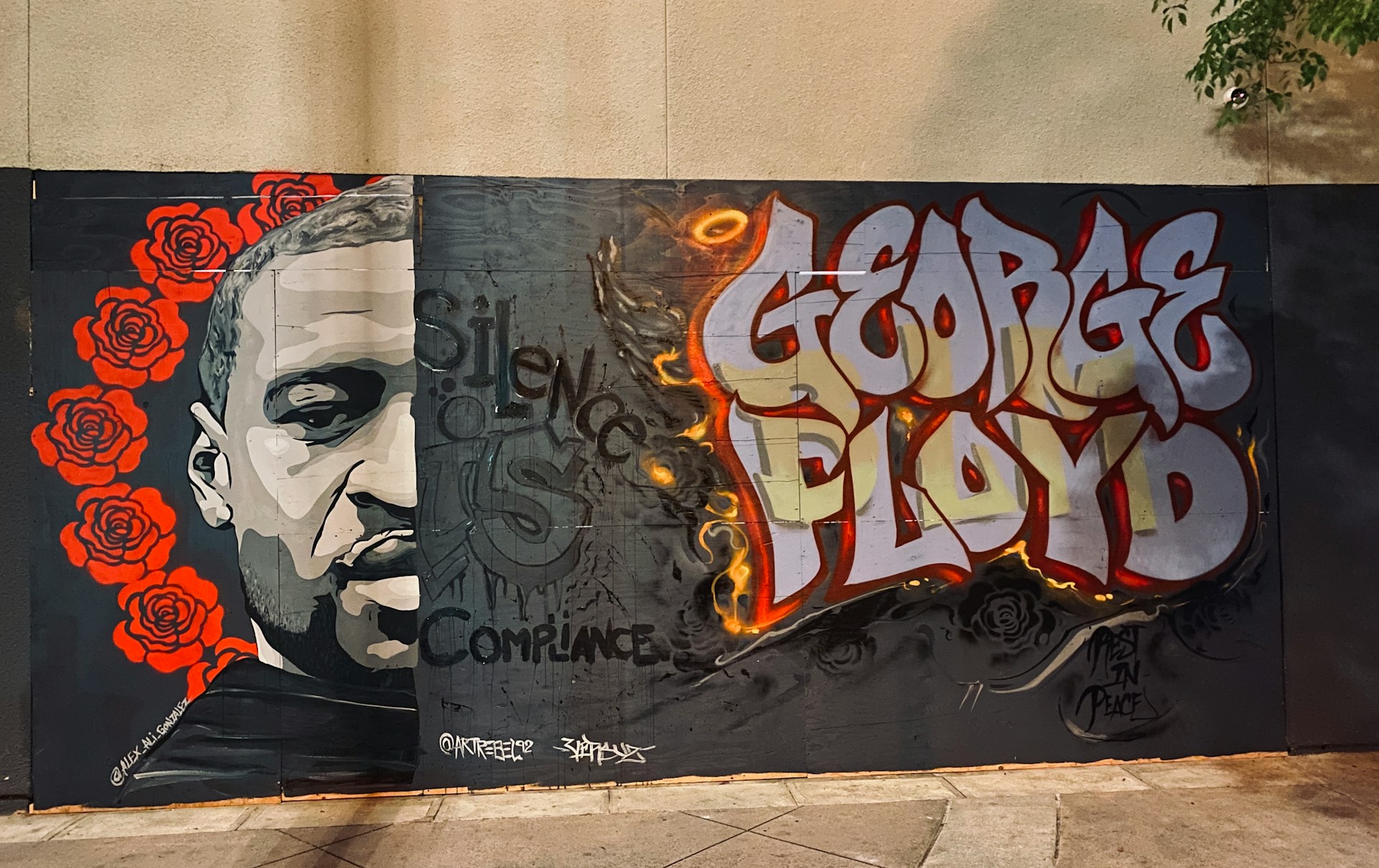In Minneapolis, a city already etched into the annals of history for its pivotal role in sparking a national conversation about law enforcement and community relations, has once again found itself at the center of a discourse that refuses to be ignored. This time, it’s about a $150,000 settlement awarded to Donald Williams, a man whose life supposedly took a dramatic turn after witnessing the tragic death of George Floyd in 2020.
Donald Williams, a mixed martial arts fighter, didn’t just stand by as an ordinary bystander that fateful day; he was one of the voices raised in desperate pleas for mercy on Floyd’s behalf. His actions, however, brought him more than just the emotional trauma of witnessing such a distressing event. Williams claimed that his attempt to intervene led to him being assaulted by police officers, a confrontation that culminated in a lawsuit against the city for the suffering he endured, including post-traumatic stress disorder. The Minneapolis City Council, without so much as a peep of discussion, unanimously approved the settlement, signaling a quiet acknowledgment of the incident’s impact on Williams.
The lawsuit paints a vivid picture of the confrontation, alleging that Derek Chauvin, the officer whose actions led to Floyd’s death, menacingly shook a canister of pepper spray at Williams and other eyewitnesses daring to intervene. Officer-worn body camera footage captured Williams calling Chauvin a “bum,” an insult hurled in the heat of a moment fraught with tension and fear. The legal documents go further, illustrating how Officer Tou Thao stepped forward, placing his hand on Williams’ chest, a gesture that, while seemingly innocuous, carried the weight of authority’s often intimidating presence.
Williams’ testimony during Chauvin’s murder trial was poignant, offering insights into the deadly restraint used on Floyd – likened to a “blood choke” familiar to those in the MMA world. This piece of testimony wasn’t merely a technical observation; it was a damning indictment of how police procedures, taught within the department’s own handbook, could have fatal consequences.
The controversy surrounding Floyd’s death and the subsequent legal proceedings against Chauvin and other officers involved, unearthed a torrent of questions about the pressures faced by prosecutors. Court documents revealed the immense strain on the Hennepin County Attorney’s Office, with employees and a prosecutor stepping down, citing violations of professional and ethical standards due to the intense demand to charge the officers.


Leave a Comment